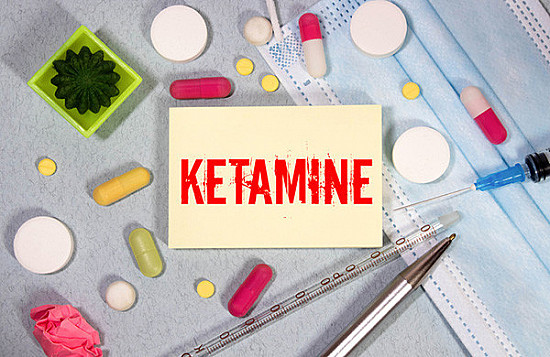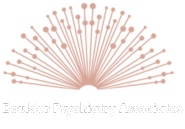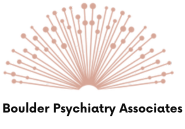If a person is very depressed with or without feeling suicidal, there are two methods I recommend to remit these feelings right away: lithium and ketamine. Why? All the antidepressants available (SSRIs, SNRIs, older drugs like tricyclics or MAO-I’s) will take approximately one month to help a person start to feel better. While some people do prefer this method, most people want to get rid of depression as soon as possible. Another option to consider, not for suicidality, but for bad depression or anxiety symptoms, is to use a psychostimulant medicine (known as ADHD medicines – Adderall, Ritalin, etc.). One major reason people feel depressed or anxious is because they are unable to accomplish any sort of task. By using a stimulant they are more able to accomplish something, which helps them remit their mood issues. The stimulants do not accomplish the task, but they help the person do so.
Why lithium? Most people think of lithium for the treatment of a bipolar disorder, so there is certainly a mood stabilization. It also helps regulate neurotransmitters in the person’s brain, they are neuroprotective, and most importantly, in this example, lithium has “side effects” of getting rid of suicidal thinking and excessive depressive symptoms. The mood stabilization helps a person readjust as they are not subject to any mood swinging. Consequently, while this drug does not specifically help anxiety symptoms, by helping to control a person’s mood, the anticipation of troubles or difficulties are toned down and even remitted.
Why ketamine? The onset of action is immediate, and ketamine addresses a different aspect of a person’s mood, by blocking the NMDA (N-methyl-D-aspartate) receptor (which is a kind of glutamate receptor in the brain, known as “excitatory”). By blocking the NMDA receptors, ketamine helps improve a person’s mood. It also promotes “synaptogenesis”, the formation of new synapses (connections) between brain cells (neurons). There is a cognitive clarity that occurs in addition to the mood stabilization, and it is also anti-inflammatory. The dissociative aspect of ketamine offers a completely different approach to mood symptoms, by helping a person “see” what it is that contributes to their unfortunate mood and with the help of the therapist who is present the entire time, they are much better able to improve their symptoms. The neurogenesis (nerve growth) that occurs, helps to reinforce these changes.

The dangers of lithium occur at very high doses, especially if the person becomes dehydrated. I typically prescribe doses that are 1/4 to 1/2 of what a person would use for bipolar disorder. The dangers of ketamine (it has been available as an anesthetic for close to 60 years, tested on most patients who had surgery) do not occur in my office as this drug is given in a controlled medical setting with appropriate personnel available. The only unwanted effect of ketamine has been nausea, which we help control with anti-emetics like promethazine or ondansetron.




